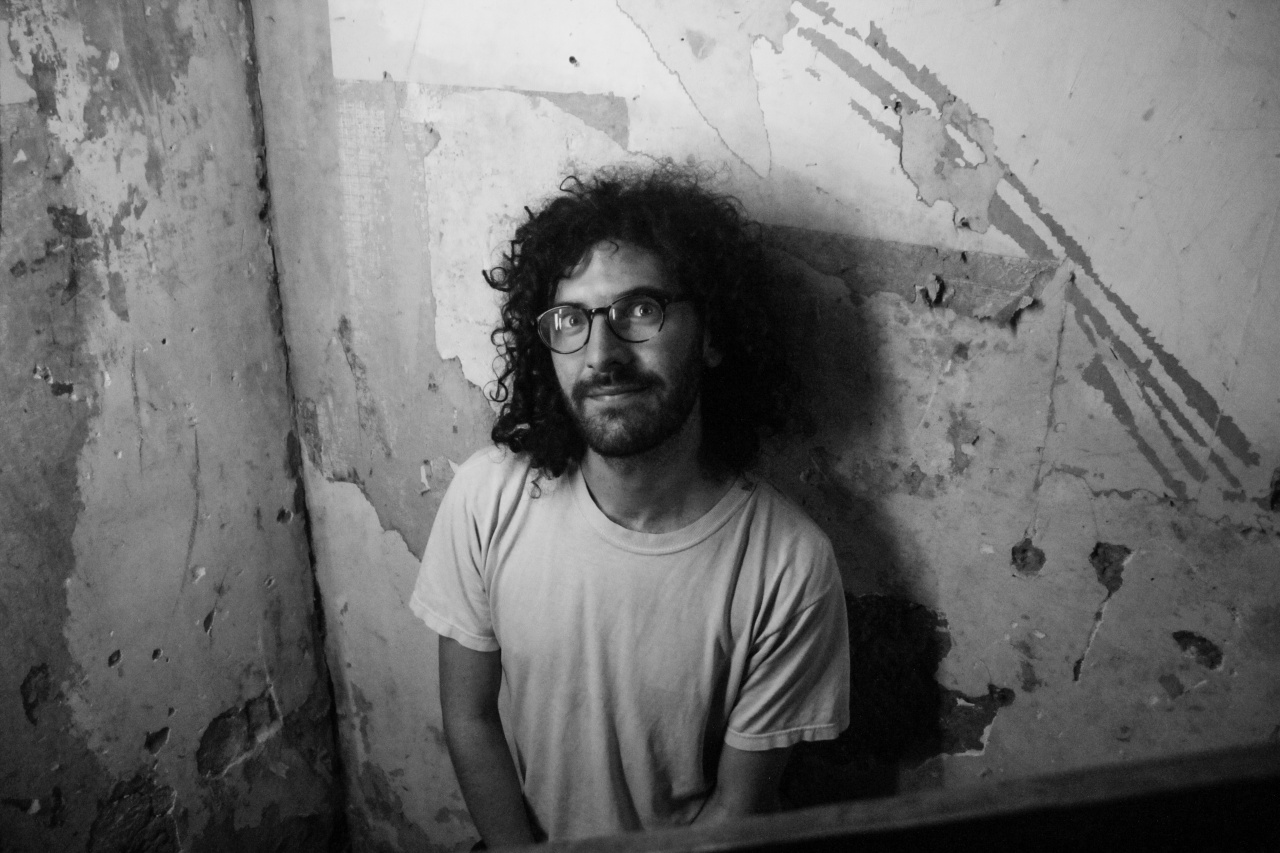Jake Elwes
Year of birth, place
Biography
Jake Elwes is an artist living and working in London. They studied at The Slade School of Fine Art, UCL (2013-17). Searching for poetry and narrative in the success and failures of AI systems, Jake Elwes investigates the aesthetics and ethics inherent to AI. Elwes’ practice makes use of the sophistication of machine learning, while finding illuminating qualities in its limitations. Across projects that encompass moving-image installation, sound and performance, Elwes seeks to queer datasets, demystifying and subverting predominantly cisgender and straight AI systems. While it may seem like the AI is a creative collaborator, Elwes is careful to point out that the AI has neither intentionality or agency; it is a neutral agent existing within a human framework.
Jake's work has been exhibited in museums and galleries internationally, including the Victoria and Albert Museum, London; Somerset House, London; ZKM, Karlsruhe, Germany; Today Art Museum, Beijing; Yuz Museum, Shanghai; Pinakothek der Moderne, Munich; Frankfurter Kunstverein; Fotomuseum Winterthur, Switzerland; Honor Fraser Gallery, LA; Fundacion Telefonica Museum, Madrid; Ars Electronica, Austria; Zabludowicz Collection, London; Sculpture in the City, London; Science Gallery Dublin; RMIT Gallery, Melbourne; Onassis Foundation, Athens; Arebyte Gallery, London; E-WERK Freiburg, Germany; Museum für Naturkunde, Berlin; Nature Morte, Delhi, India; Centre for the Future of Intelligence, UK and they have been featured on TV: ZDF aspekte (Germany) and the BBC Arts (UK).
